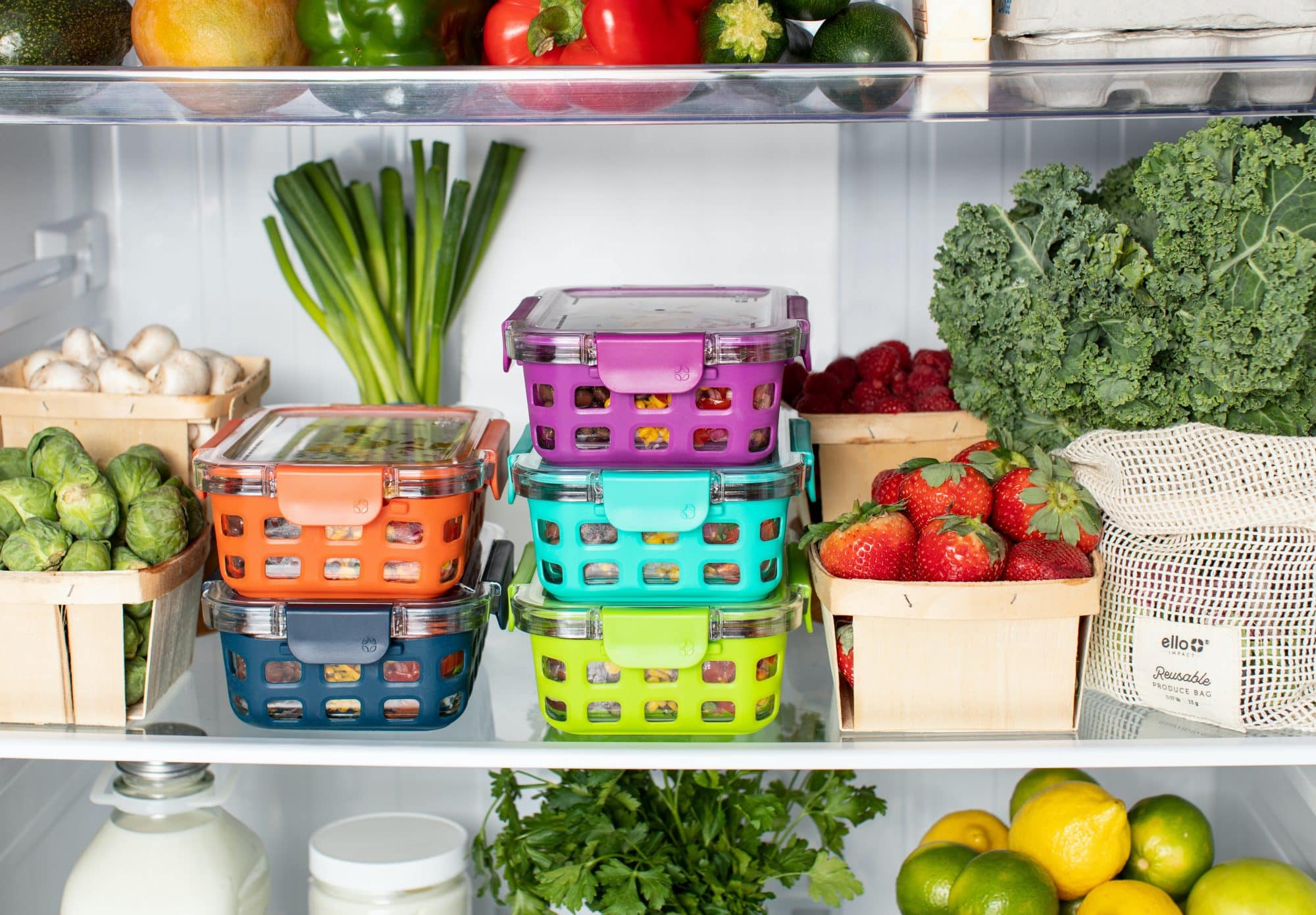People struggle to believe that maintaining a healthy diet can actually positively affect your food budget. The truth is that if you learn how to plan your meals in advance, you can actually save money. Here’s what you need to know about meal prepping on a budget.
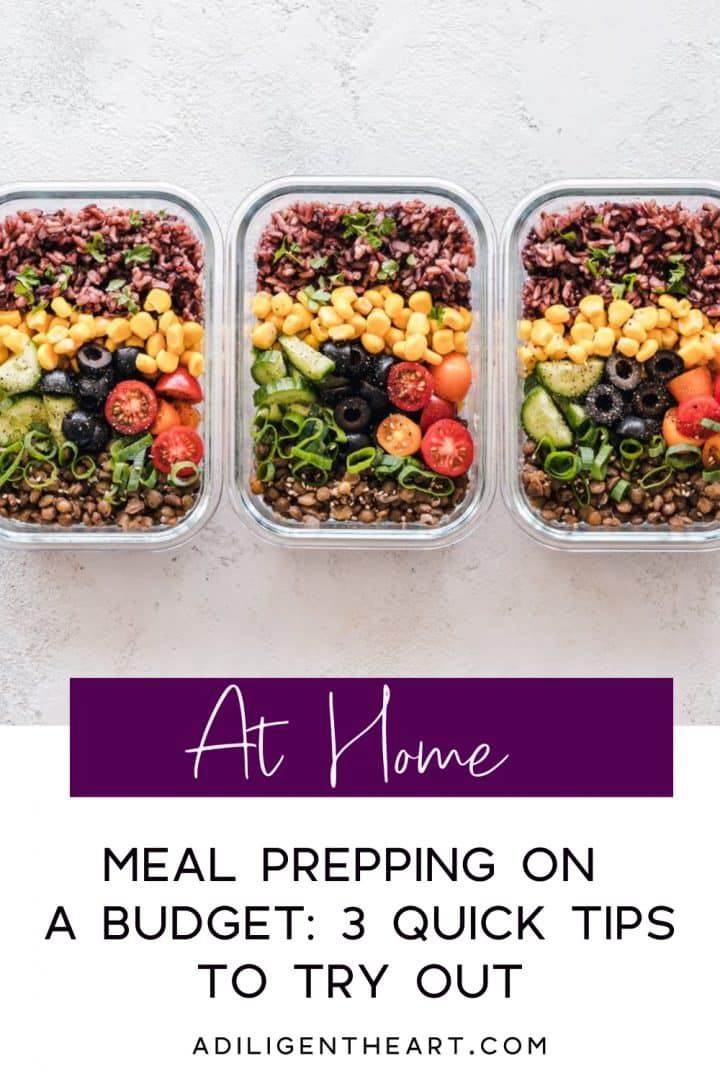
Health Benefits of Meal Planning
By planning your meals for the month in advance, you eliminate that feeling of being overwhelmed by the thought of what to cook for dinner.
The first step to taking better control of your health is setting aside the time to prepare your meals in advance. This accountability will prevent you from throwing in the towel and ordering pizza or some other unhealthy take-out option on those days that you feel too tired or pressed for time.
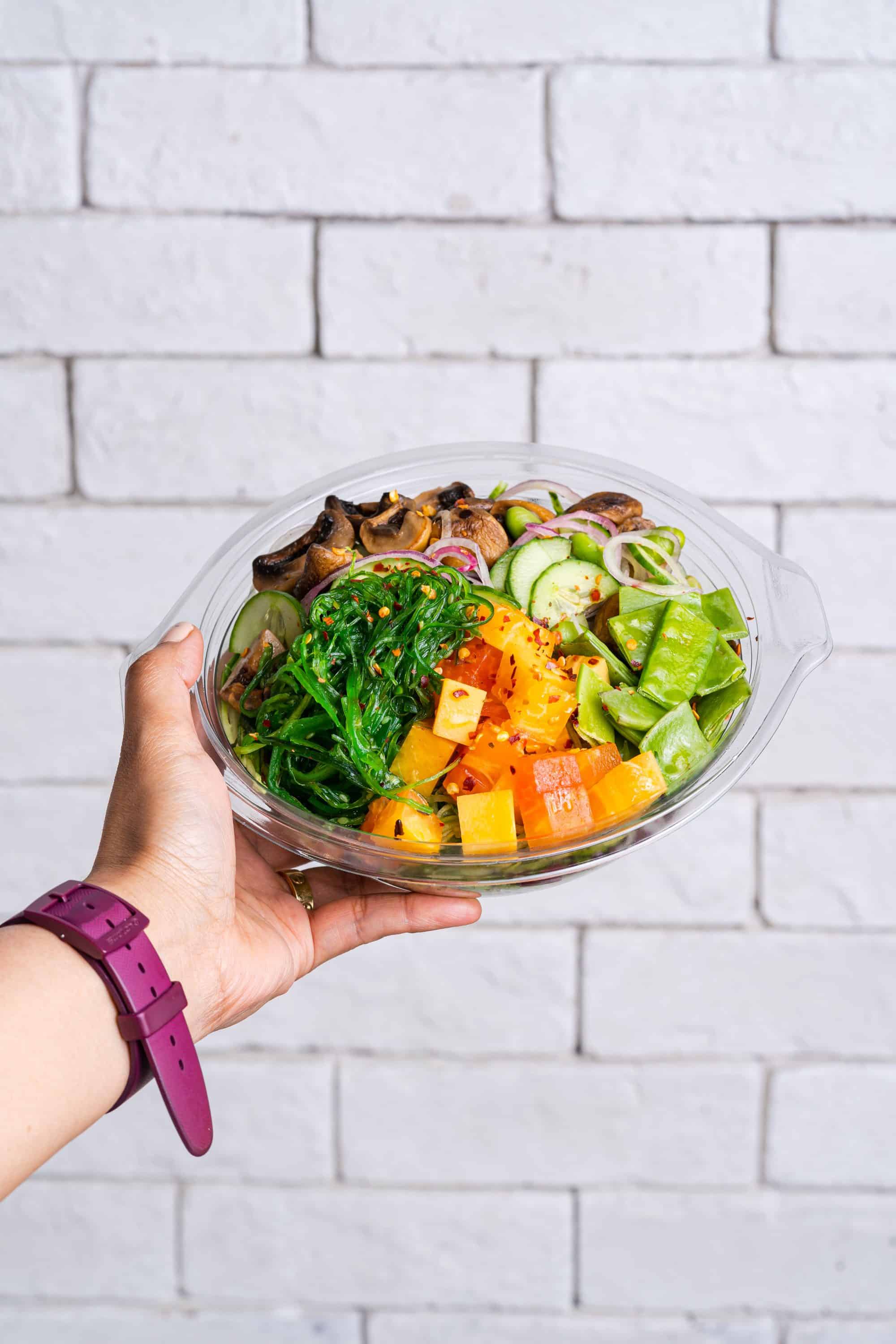
Additionally, you’ll be more likely to incorporate fresh vegetables and lean protein into your pre-planned meals, since you’ll already have the ingredients on hand.
Not only will you notice improved health, but it will cut down on food waste as well.
How to Plan Meals for the Month
Seasoned grocery shoppers have discovered that buying in bulk is usually less expensive than purchasing smaller quantities.
When you’re deciding how to plan meals for the month, consider incorporating versatile ingredients, such as rice, legumes, and pasta into as many meals as possible.

It would also be helpful to maintain a well-stocked pantry with your favorite spices, salts, condiments, and other cooking staples.
Not only does it make it easier for you to choose recipes based on what you have available, but it is one of the greatest money-saving gifts you can give yourself.
Meal Prepping on a Budget
Many people wonder, does meal prepping save money? The answer is that it does, but like anything else you have to approach it sensibly. Here are a few great starter tips to meal prep on a budget:
One: Make a Frugal Grocery List—and Stick To It
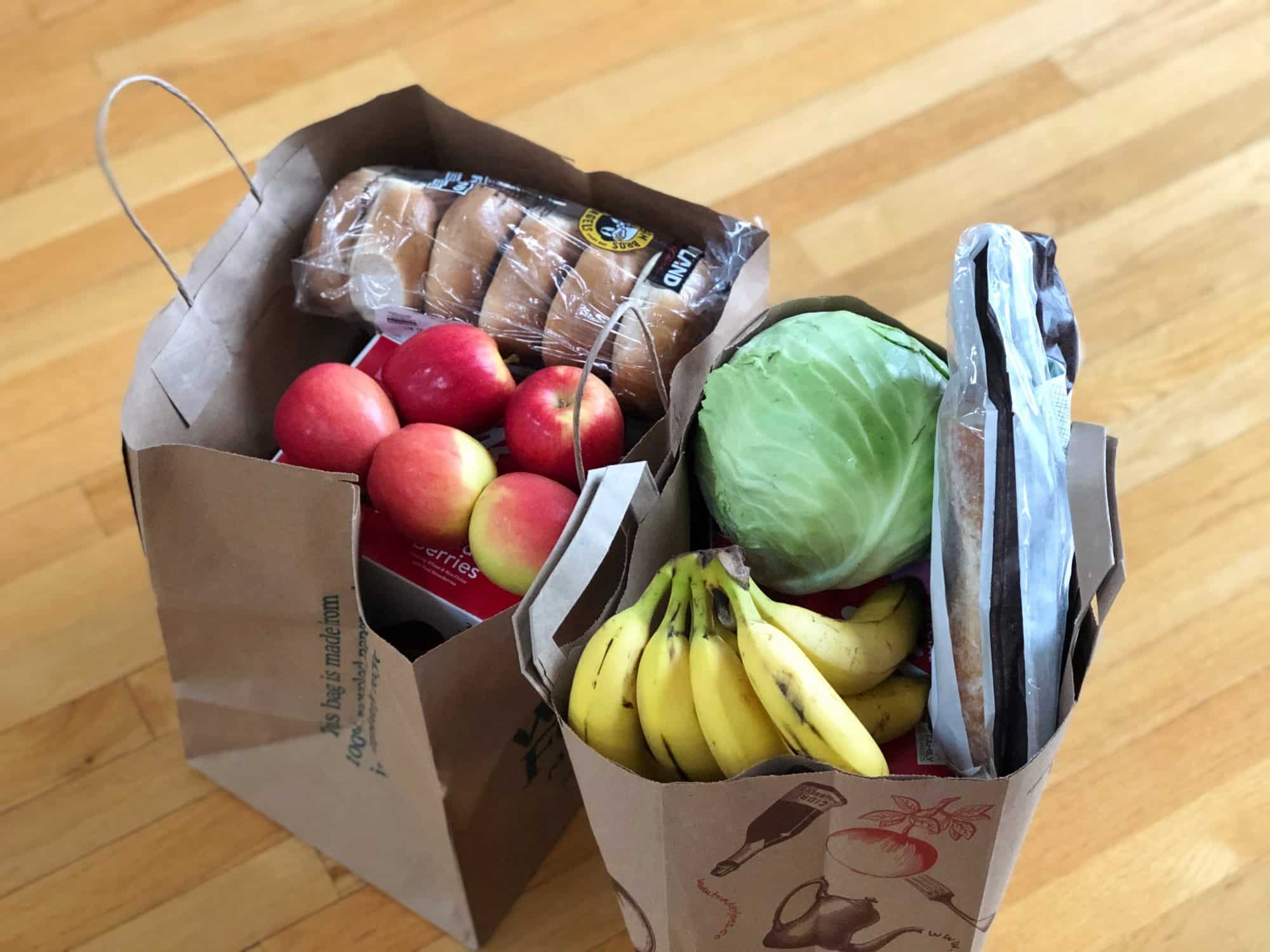
Once you have planned out what you’ll be making, there’s no need to fill up the cart with superfluous items.
Buy only what you need for the week’s menu ahead. Keep yourself in check by having a grocery list each and every time you head to the store.
Two: Take Stock
Before you go shopping, do a quick inventory of what you have on hand.
Try to incorporate any ingredients that are either nearing their expiration date or have been hanging around in the freezer for longer than a few months.
Be sure to also take advantage of any leftovers lying around. Leftovers are great for Friday stews and a wonderful way to get creative by using up what you already have.
Chances are, you already have the building blocks for a meal or two right in your fridge or freezer without realizing it.
Three: Keep it Simple
Just because you are meal prepping, does not mean you have to always create preppy meals. There’s no need to try and out best one of those magazine-worthy Betty Crocker dinners every meal.
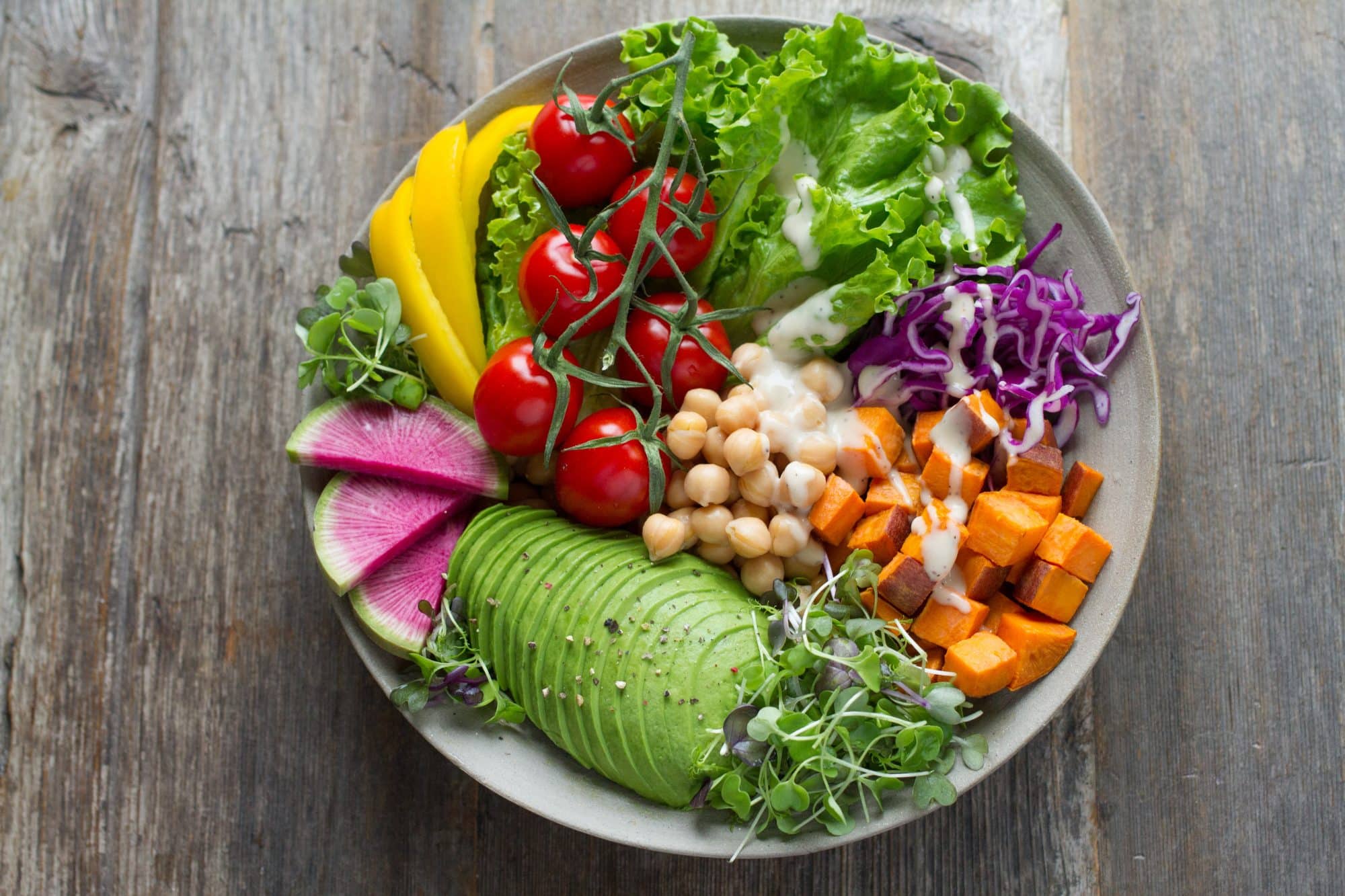
Keep it simple by rotating your favorite meals throughout the monthly menu. If you find yourself feeling stuck, turn to salads and other buffet-style preps like tacos or asian-fusion bowls as a fantastic alternative that even picky eaters enjoy.
Meal Prepping Made Easy
Meal prepping on a budget is possible, and you can still make some delicious and nutritious meals. Once you’ve gotten into the habit of planning and prepping your week’s meals in advance, you’ll find it easy to stick to the schedule—and your budget. Bon appetit!
